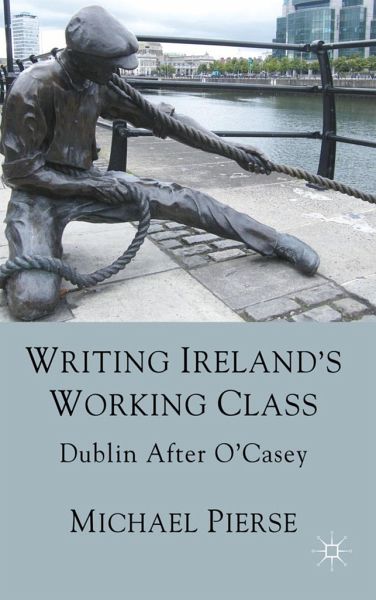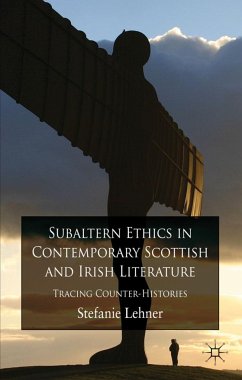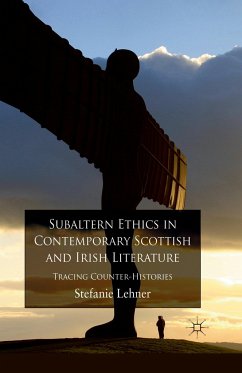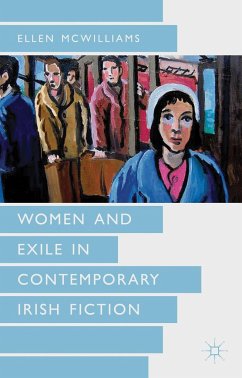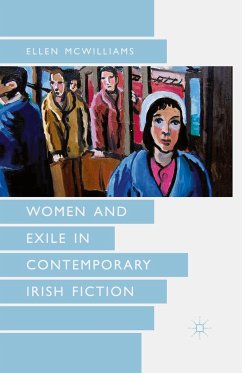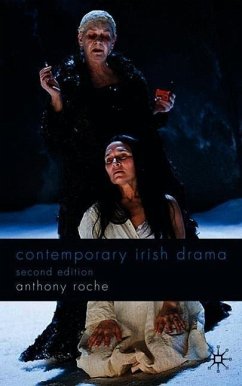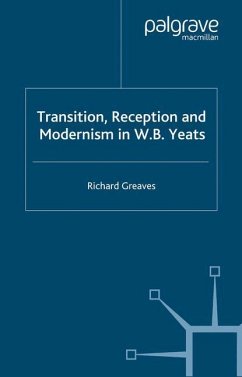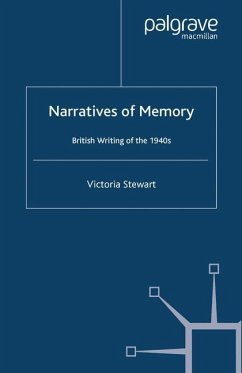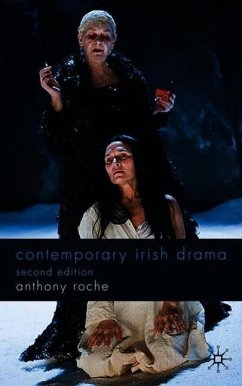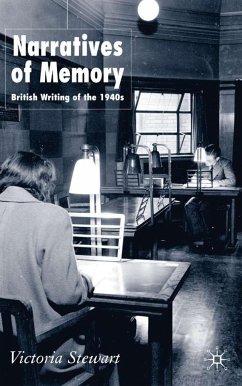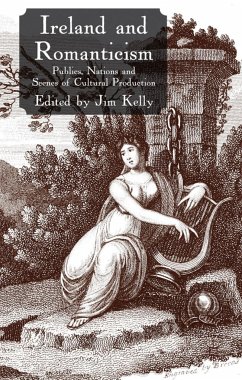'Sometimes books cross your path in which love and scholarship come together. Pierse writes about the culture of the neglected Dublin urban working class with passion and timeliness. [ ] This sparkling book will change the scope of Irish studies.'
Professor Sally R. Munt, Times Higher Education
'[Writing Ireland's Working Class] deserves to be read by anyone interested not only in Irish cultural studies, but also in the shape and flow of class dynamics within Irish society [ It] has provided a strong, cogent analysis from which future debates and discussions can develop and grow. [ ] It's a marvelous achievement, insightful and provocative, for which Pierse richly deserves our praise and thanks.'
Dr Conor McCabe,
Irish Left Review
'A huge step forward in the overdue recovery and evaluation of Irish working-class writing, a labour of love in memory of those who often found neither labour nor love, yet, as the plays and novels discussed suggest, 'for a' that' retained a zest for life.'
- H. Gustav Klaus, University of Rostok, Germany
'This is a work which is rigorous in its commitment, not simply to its textual subjects, but to the larger cultural and social framework in which the study seeks to locate them [...] it can be strongly recommended to all those weary of the over-representation in criticism of certain Irish literary tropes and who might, following the Foreword, be interested in considering the potential re-shaping of the values and methods of the discipline of Irish Studies.'
- Professor Shaun Richards, University of Staffordshire, Irish University Review (Spring/Summer 2012)
